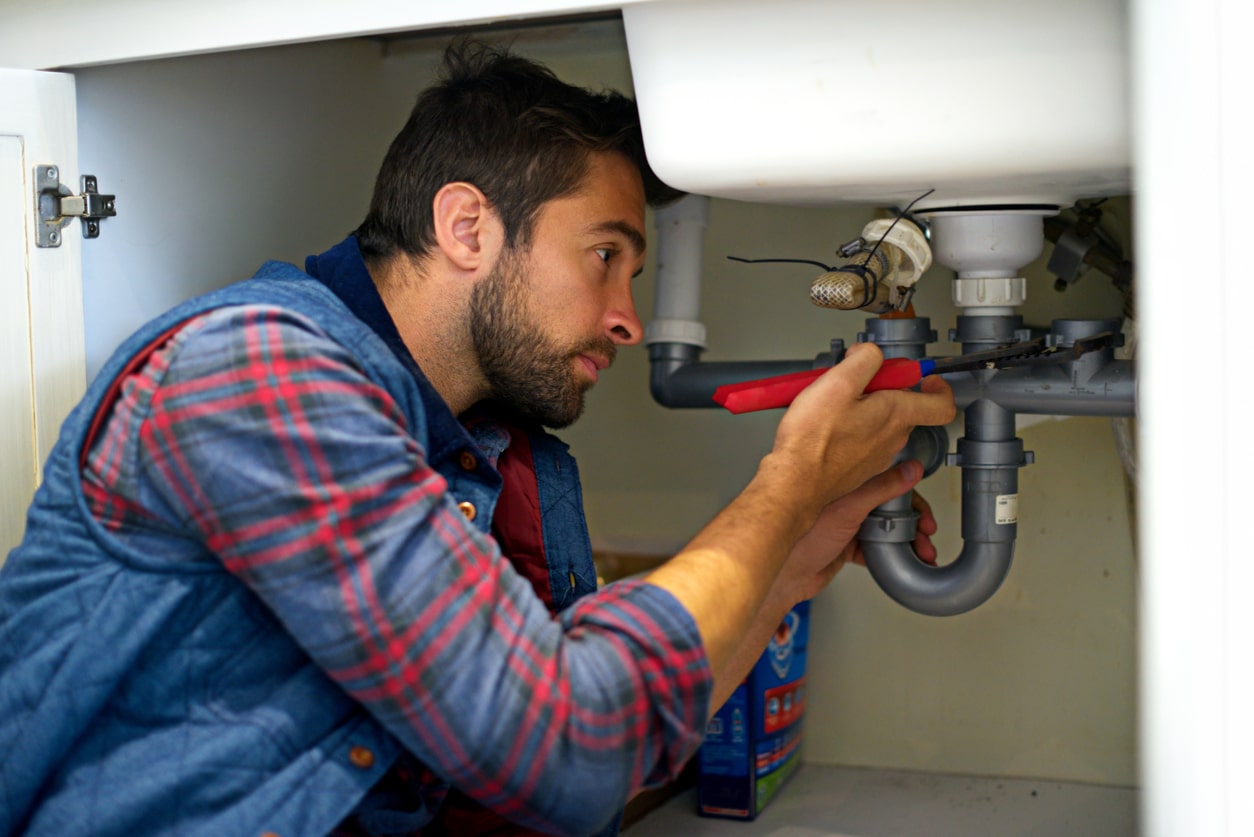If you want to know the lifespan of your home’s plumbing, you’ve come to the right place. An expert plumber Melbourne can help you compile this list of tips that will help keep your pipes in tip-top shape and last longer than ever before.
Pipes: Know What You Have
When it comes to the lifespan of your house’s plumbing, your pipes are a key determinant. Pipes are made from a combination of steel and copper, and each material has its own distinct properties that determine how long it will last. Hire plumber Melbourne if you see your pipes rusted.
Steel pipes can last for a long time but they can rust. This rusting process causes leaks that lead to water damage in your home.
Copper pipes on the other hand, cost more upfront but they tend to last longer than their steel counterparts.
In this way, investing in copper piping is like paying an insurance premium—you may not need it right away but if you do need it later on down the road (like when there’s a leak or flooding), then at least you know that your investment is still good condition!
Hot Water Heaters
The lifespan of your hot water heater typically ranges from 10-20 years. If your home is older than 20 years, it may be time for an upgrade.
A faulty hot water heater can sometimes be identified by its water temperature or lack of heat (hot). However, if you notice that your hot water isn’t heating up at all or heating to a lower temperature than usual, it might be time to replace the unit.

Replacing a hot water heater is not very expensive or difficult as long as you have some basic knowledge about plumbing and electricity. You may want to contact a professional plumber Melbourne if you don’t feel comfortable performing the job yourself.
Faucets
A typical faucet should last anywhere from 10 to 15 years, depending on how much you use it and how well you take care of it. To check if your faucet is leaking, turn off the water supply to the sink and remove the drain stopper.
If there’s water still in the sink, your faucet may be leaking. You can also check for leaks by placing food colouring in a glass or bowl and filling it with water. Place this glass under your faucet overnight; if there’s coloured liquid in the glass when you wake up (or no color at all), that means there are drips coming from inside your faucet—and that means a leaky faucet!
Every part of your plumbing installation will have a different lifespan.
Every part of your plumbing installation will have a different lifespan, depending on its material and how it’s been used.
- Pipes: While cast iron pipes can last anywhere from 50 to 100 years, plastic pipes are more likely to be replaced every 20 years or so.
- Hot water heaters: Most hot water heaters last 10-20 years before they need to be replaced. The lifespan of a tankless water heater is even less—about five years on average.
- Faucets: Most faucets will break down sooner rather than later, usually within five or six years after being installed in your home. However, high-quality faucets can last much longer (up to 20 years).
- If you have an older faucet that seems sluggish at times but still works well otherwise, you may want to consider replacing it instead of repairing it—but only if the cost of replacement is significantly less than having someone come out and fix your current one!
- Valves: Valves typically need replacing every 1-2 years if they are not properly taken care of or if there is heavy traffic through them (especially when they are made out of plastic).
Conclusion
The lifespan of your plumbing is relative to how well you take care of it. If you keep up with regular maintenance and repairs, then you can expect your piping to last over 30 years. If not, then it may only last as long as 20 years or so. Consult a plumber in Melbourne if you need any help with your household plumbing.








